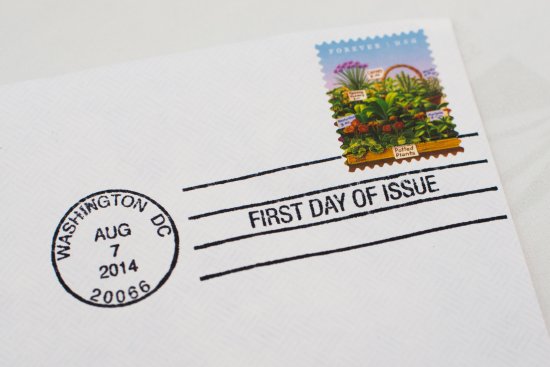
By a few cents
The U.S. Postal Service is lowering the price of postage stamps for the first time in 97 years, the agency announced Thursday.
The price of a stamp to mail a standard letter will drop from 49 cents to 47 cents on Sunday, Fortune reported. The price of a postcard stamp will fall to 34 cents, down 1 cent. International mail will fall to $1.15 from $1.20.
The change will hurt people who had collected “Forever stamps,” which take on the value of the current postage rate no matter how much they cost when they were purchased. Until now, the price of Forever stamps had consistently increased over time, so it had been economically practical to buy in bulk.
The price reduction comes because of the end of a program that had allowed the USPS to raise stamp prices in order to make up for lost revenue after mail volume declined in the Great Recession, Fortune reported. Regulators capped the amount of money the Postal Service could recoup at $4.6 billion, which it expects to reach by Sunday.
Stamp prices last fell in 1919, when they returned to pre-World War I levels, Fortune reported, citing a USPS spokesperson.